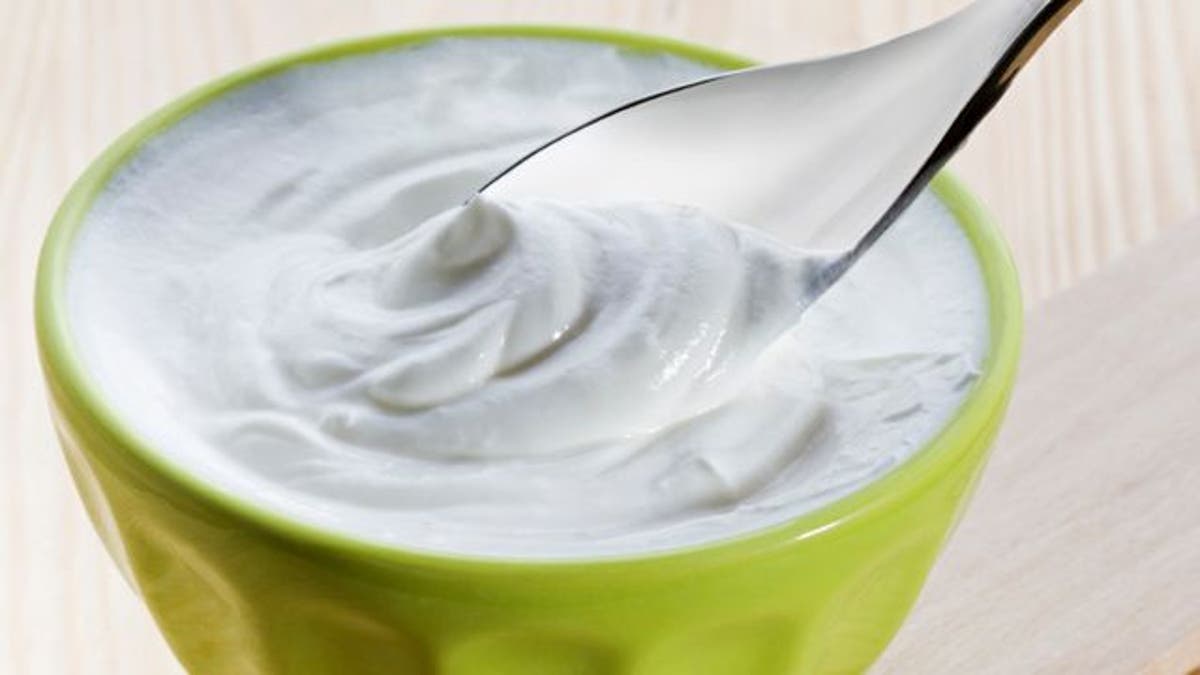
If you have Crohn’s disease, you want to avoid flare-ups at all costs. Although diet can’t cure it, avoiding or making smart food choices can help ease your symptoms.
Before making any changes to your diet, it’s important that you understand how active the disease is and get it under control— it can still be active without any symptoms, said Dr. David Rubin, a professor of medicine and chief of gastroenterology at the University of Chicago Medicine.
Experimenting is the best approach, experts say.
“Crohn’s needs to be an individualized diet because we cannot find one type of food that is a problem for everybody,” said Nour Zibdeh, a Virginia-based registered dietitian nutritionist and founder of Nourition.
Here are some foods you can try to help alleviate your symptoms.
1. High-fiber foods
Fruits, vegetables, beans and nuts make symptoms worse during a flare-up, but when you’re in remission, eating a fiber-rich diet can lower inflammation, said Dr. Steven Masley, president and medical director of Masley Optimal Health Center in St. Petersburg, Fla. Aim for 30 grams a day and experiment with different types of vegetables, fruits, beans and grains.
2. Lean protein and lamb
Aim for 4 ounces of protein at lunch and dinner from chicken, beef, fish or eggs. Baked or broiled is best because fried foods are full of saturated fat and they can make symptoms worse. Lamb might also be a good option since sensitivities can often be triggered by foods that we frequently eat, and lamb isn’t usually one of them, Zibdeh said.
3. Yogurt
If you can tolerate cow’s milk, try yogurt with probiotics or lactose-free yogurt because it doesn’t have sugar, which can cause make symptoms worse. Kefir is another option because it reintroduces healthy bacteria into the gut.
4. Grass-fed butter
Grass-fed butter contains short-chain fatty acids, which help to promote healthy gut bacteria and reduce inflammation. Be sure to eat it in moderation, though.
5. Salmon
It’s not only a protein powerhouse, salmon also has omega-3 fatty acids which help lower inflammation. What’s more, because many people with Crohn’s are at risk for vitamin D deficiency, salmon in a can includes bones, which are an excellent source of the nutrient.
6. Spices
Curcumin, turmeric and curry are antioxidant-rich and anti-inflammatory, so try adding them to your meals.
6. Fermented foods
“The natural fermentation produces probiotics, which are the beneficial bacteria that we know can help with Crohn’s disease,” Zibdeh said. Kimchi and sauerkraut are good choices but check the label to make sure there are no added chemical ingredients.
7. Nut and seed butters
Nuts and seeds might make your symptoms worse, but almond or sunflower seed butter have healthy, monounsaturated fats as well as magnesium, which is important if you’re deficient. Limit it to a tablespoon on toast or with an apple for a healthy snack.
8. Zinc-rich foods
If you’re deficient in zinc, try adding oysters, beef, dark meat chicken, crab, lobster, or pork chops to your diet.
9. Gluten-free foods
Although avoiding gluten can eliminate bloating, “there’s no evidence that it’s anti-inflammatory,” Rubin, a spokesperson for the Crohn’s and Colitis Foundation of America, said. Nevertheless, if wheat worsens your symptoms, choose white rice or white and sweet potatoes instead.







































